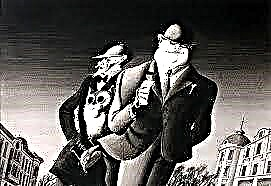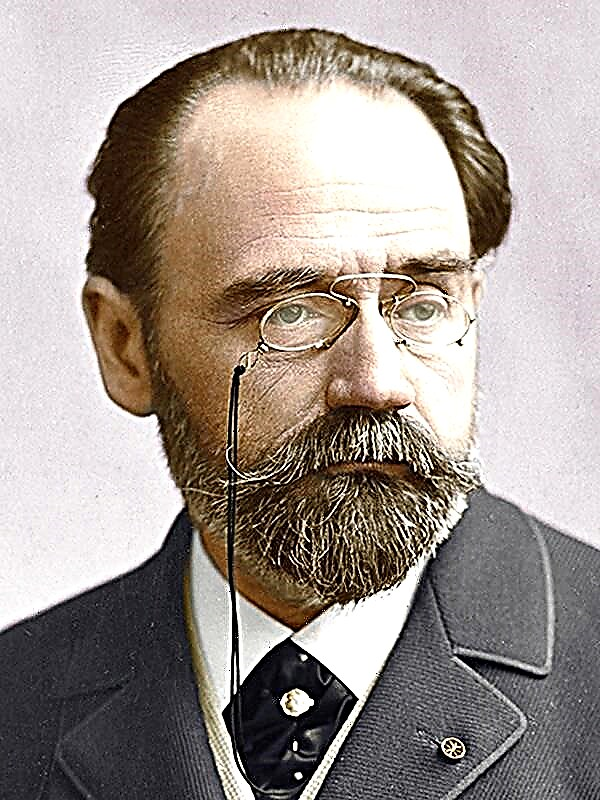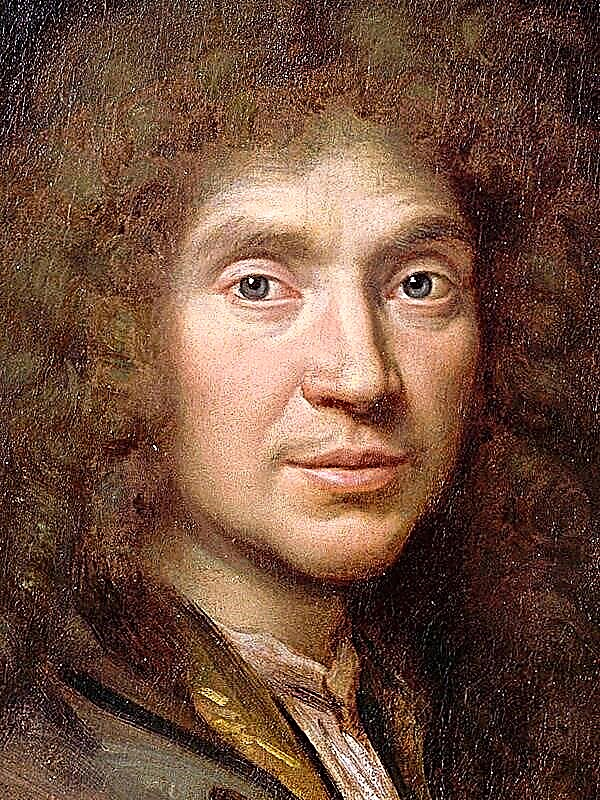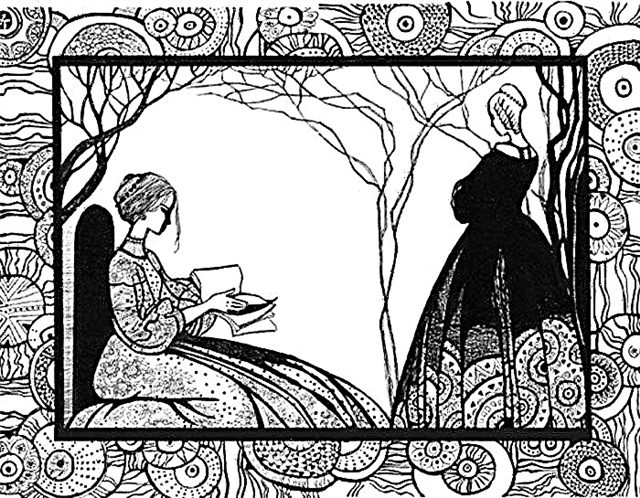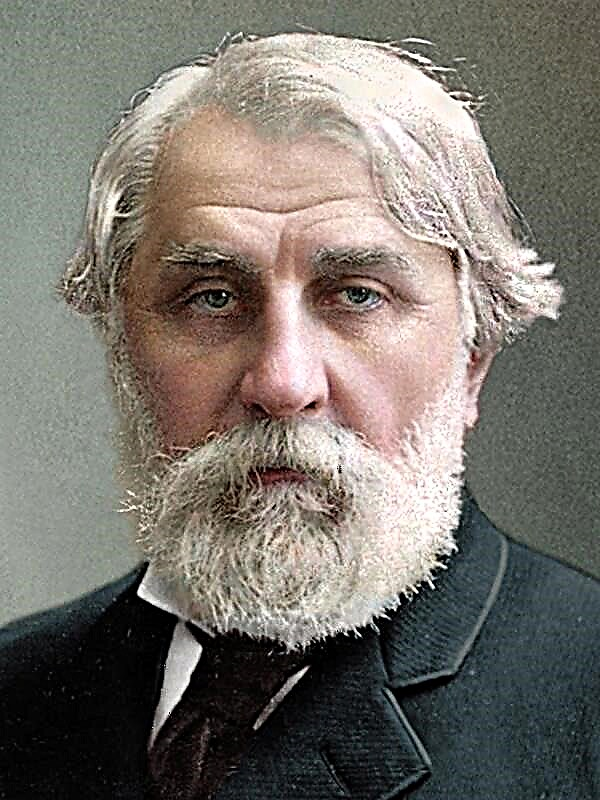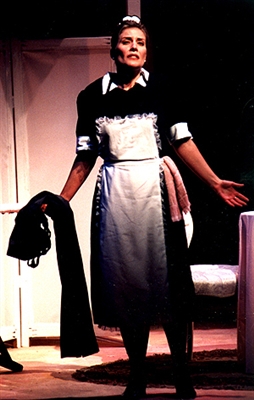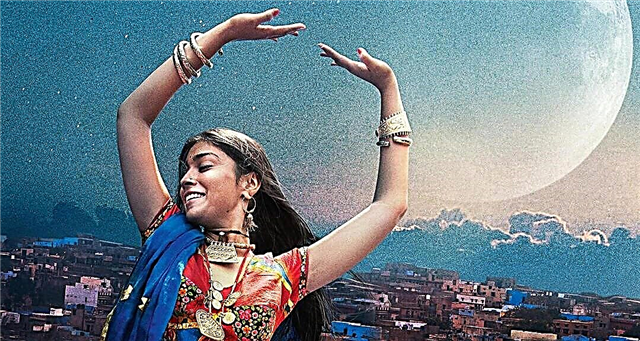(458 words) An artist should be hungry - a multifaceted thesis, the foundations of which originated many centuries ago. His viability was repeatedly confirmed by artists, from whose pen came true masterpieces, although they themselves were often in dire need. But does their giftedness depend on the density of breakfast and lunch? Of course not. This phrase speaks the language of allegory. It means that the creator, who is not fixated on material wealth, thinks only about art, and not about how to get rich with it. So, he will work much better and more persistently than a lazy and satiated person. To better understand the meaning of this phrase, consider examples from the literature.
So, Honore de Balzac in his novel “Lost Illusions” used his own life experience to create the image of the main character, Lucien. A young man, driven by dreams, is faced with the real world of journalism, which tramples on his illusions. The main character finds himself at a crossroads - either to kill the idea within himself, to become a prosperous author writing “on order”, or to live out his days in poverty, but preserving himself. The hero, led by his ambitions, goes over to the side of the royalists, leads a life of luxury and hopes to receive a noble title, but on the other hand is criticized by his former friends from the liberal newspaper. Lucien becomes a servant of the rich, loses his talent and destiny. Thus, Balzac says that a person who chooses satiety turns his work into a profitable craft to satisfy all needs. He is their slave, and therefore depends on money. A true artist can honestly engage in art, only being in need. She puts a bridle on his appetites, so he is independent, which means he will fight for the truth to the end.
F. M. Dostoevsky also paid attention to this topic in the novel Crime and Punishment. The author spent most of his life in need, and it was thanks to this novel that he tried to find a way out of the “debt hole”. It is extremely ironic that the protagonist of the work, Rodion Raskolnikov, is trying to achieve the same goals, and through his moral decline, the writer shows what a person who has reached “the edge” can fall to, at the same time juxtaposing and contrasting himself with the protagonist: he is also is in poverty and also tries to find a way out of it, but does not betray himself and his moral principles, unlike Raskolnikov. Dostoevsky remains a "hungry artist", and his works, written in a state of "hunger," poverty are recognized monuments of world literature. And his hero is disappointed in himself and his right, which he so wanted to have.
So, should an “artist be hungry”? The answer to this question lies in the biographies of great people and in their works. How many masterpieces were created by authors trying to earn a piece of bread, can not be counted. We love these works of art because they are honest and talented, as are the authors who chose to be faithful to their beliefs of satiety and security. And no one remembers her and doesn’t respect such adaptors like Lucien. Therefore, I think that a true artist should really be hungry, that is, indifferent to consumer values.

